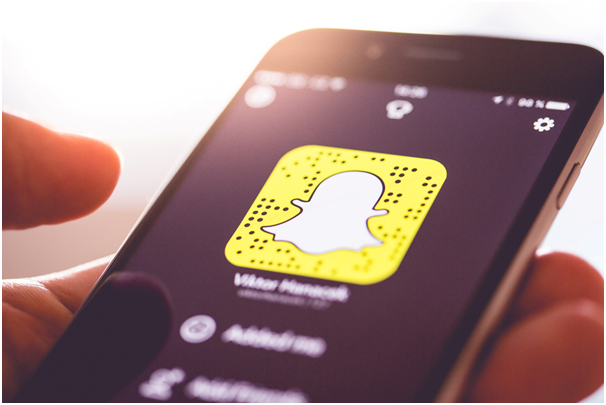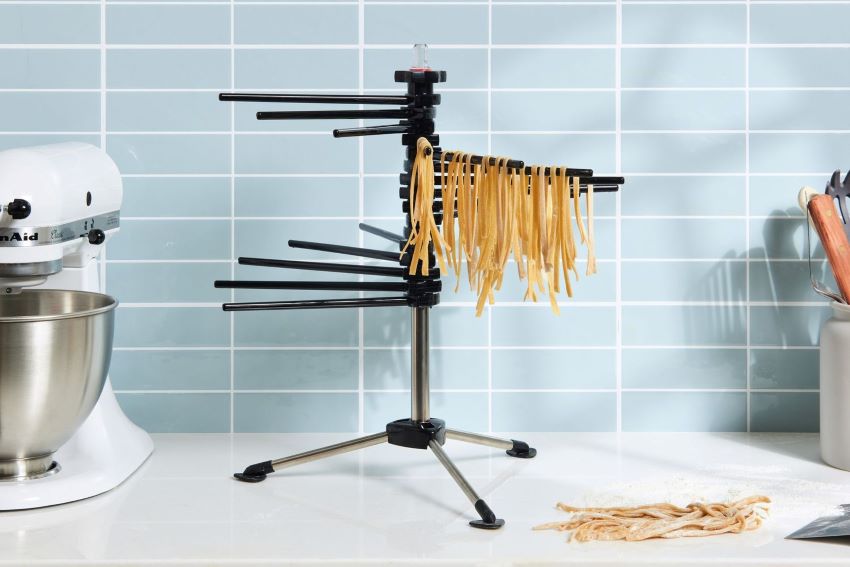We’re all guilty of checking our Facebook feed whilst on our tea break or even uploading a shameless selfie on Instagram as we go about our daily commute, but how would you feel if you found out that your doctor was sending information about you to colleagues using none other than Snapchat?

Doctors handing over private data using social media
A new report into the NHS’ dealings with DeepMind Health (owned by the parent company of a Google, Alphabet) has revealed that some doctors may be sending confidential data such as patients’ scans to one another using the mobile application Snapchat. Actions like these are risky to say the least as the doctors can’t be sure who is seeing the exchanges of information and it is also an insecure and non-auditable way of working.
However, if doctors feel the need to use social networking channels for the exchange of data or are finding their own makeshift technical fixes, does this not signify a gap in resources? Medical Economics explains how the sector can make technology work in its favour here.
Compliance methods
Seeing how much technology can make complicated things easier in their own lives must make medics wonder why these advancements aren’t taken forward within their professional industry. All they are trying to do is be more efficient and ultimately make a difficult job easier to perform, so we cannot blame the individuals. The report confirmed that the NHS has more than 150 different systems in operation, which indicates that the body’s technology needs to be reviewed urgently.
Large-scale establishments can rely on Endpoint Security to keep their systems intelligent, safe and compliant. Endpoint security is designed to meet the complex requirements of global enterprises.

What is Snapchat, and why shouldn’t it be used for sensitive information?
If you don’t already know, Snapchat is an image messaging application that allows people to share images and other multimedia with one another at the click of a button. Once focused on the sharing of photos privately on a one-to-one basis, Snapchat is now known as being a celebrity favourite and sees millions of users sharing images with the world. The application is not a secure platform for sharing sensitive business or personal data and can offer no protection to those affected.

